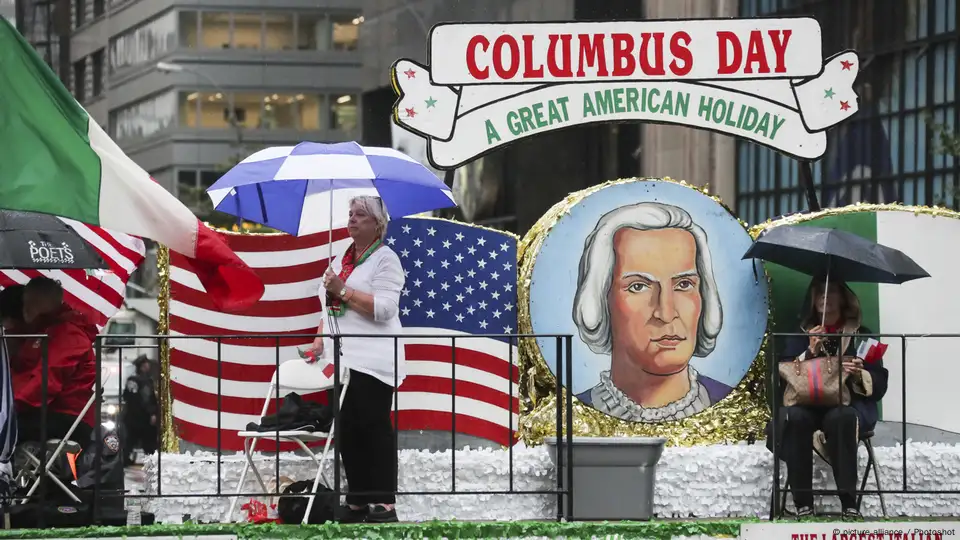Understanding Columbus Day: Historical and Contemporary Perspectives

Introduction
Columbus Day, observed on the second Monday in October, commemorates the arrival of Christopher Columbus in the Americas in 1492. Over time, this holiday has transformed from a celebration of exploration to a day representing complex historical narratives, including the perspectives of Indigenous cultures affected by European colonisation. In recent years, conversations surrounding the day have prompted shifts towards honouring Indigenous Peoples’ Day, reflecting on the need to acknowledge the darker sides of history.
Current Observations of Columbus Day
In 2023, Columbus Day remains a federal holiday in the United States, meaning that many government offices and institutions are closed. However, the observance varies significantly across states and communities. Some states, such as Hawaii and South Dakota, do not celebrate Columbus Day, opting instead for alternative holidays like Discoverers’ Day or Native American Day. Additionally, cities such as Los Angeles and Seattle have officially replaced Columbus Day with Indigenous Peoples’ Day, recognising the historical injustices faced by Indigenous populations.
Public Sentiment and Controversy
The debate surrounding Columbus Day has intensified in recent years, with public sentiment increasingly favouring the shift towards Indigenous Peoples’ Day. A survey conducted by Pew Research Center in 2021 showed that approximately 60% of American adults believe that acknowledging Indigenous Peoples’ history and contributions is important. Activists and advocates argue that celebrating Columbus perpetuates a narrative that overlooks the impact of colonisation on Indigenous communities.
Conclusion: Looking Ahead
<pAs society continues to grapple with the complexities of historical narratives, the future of Columbus Day remains uncertain. Many communities are re-evaluating how they observe this day, seeking a balance between acknowledging historical significance and fostering inclusivity. Whether Columbus Day will continue as a federal holiday or be rebranded under a new title remains to be seen. For readers, this evolving conversation presents an opportunity to engage with history critically, consider diverse perspectives, and contribute to a dialogue that respects all facets of the past.
